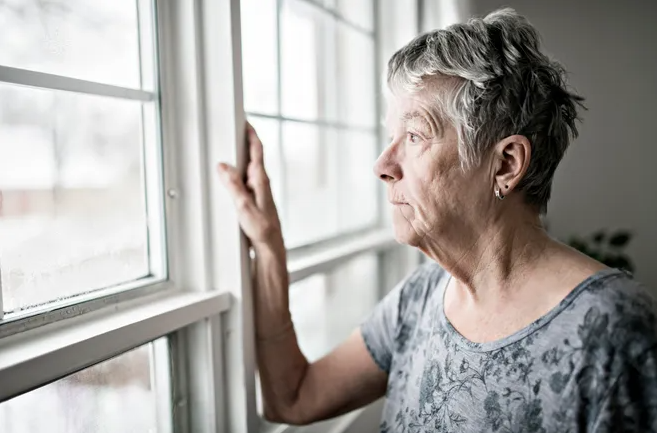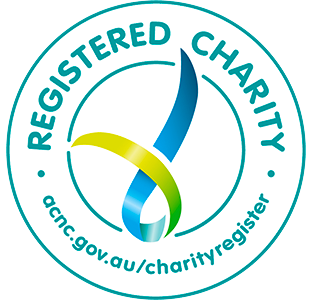
With restrictions lifted, more and more people are coming out to socialise and meet family and friends. Workplaces and morning transport are buzzing again as many move away from work from home. However, the same cannot be said for everyone, especially family and friend carers who have struggled over the last few years.
The initiative of slowing the spread of COVID may have worked but has come at the cost of social isolation and feeling of loneliness for many people. Most carers still find it hard to break the cycle and reach out to others without risking the health of the person/s they care for. This preventive isolation has led to further seclusion and loss of emotional and practical support among carers which has been detrimental to their wellbeing. Many carers are hesitant to go shopping or even see their GP as the risk of getting COVID and spreading it to a loved one is keeping many at bay from venturing outside.
Even before COVID, many carers felt alone. For some, it can be a 24/7 role. Making a connection while caring for someone is often not easy. Many carers say it has been gradual seclusion when the invitation from family and friends stopped coming in. With a lack of social connection over a long period, many carers are hesitant to approach others. The negative impacts of loneliness on mental and physical wellbeing cannot be ignored as it is associated with a range of adverse health outcomes from insomnia, depression, cognitive impairment and stroke to Alzheimer and Dementia.
Carers Tasmania’s COVID Impact Survey 2022 further verified this when it found that 43% of the carers surveyed reported feeling lonely when COVID was at its peak. While loneliness is often subjective and does not fill in the status of clinical disease, the toll it takes on carers’ wellbeing cannot be ignored.
COVID has shown us the importance of social connection in maintaining physical and mental wellbeing, as it hasn’t been easy for anyone in the last couple of years, driving many into isolation and depression.

Is there a way out?
Being connected to others improves mood and can reduce anxiety and stress. But with COVID’s cloud still above our heads, many carers say it is not easy to just head out in the open.
One way, carers can maintain social connections is by exploring the digital space. It can be intimidating at first if you have never used it, but much work has been done to increase digital knowledge among Australians in the last few years. The Australian Government has even created a resource centre called Be Connected. This aims to empower everyone to use the internet and everyday technology to thrive in our digital world through a whole range of topics from absolute basics to advance internet security.
There are many social platforms out there that also help you stay connected, depending on what interests you. There are channels like Facebook and Instagram from which you can video call a loved one or see what they have been doing. If you want to showcase some creativity and hobby, there are platforms like Pinterest.
Isn’t that amazing? You can connect with them from the comfort of your home without taking the risk of contracting COVID. You can make yourself a cuppa and call your family or run a book club with friends without walking out the front door. If you fancy cooking, there are platforms like YouTube where you can showcase your culinary mastery. The options are endless.
When COVID started, even GPs and clinics started exploring this space. They would speak to you over a video and even prescribe you meds online.
Maybe digital space is not your cup of tea, but if you want to stay connected, why not use the good old telephone to call your friends, grandkids, or family members? It is all about staying connected and not letting loneliness take its toll on your wellbeing. There are organisations like Care2Serve, where you can speak to a supportive team, find information, or take on counselling or carer coaching.
Activities that bring you joy can help too. Some of us enjoy gardening, while some find their calling through music or art. You can even start a new hobby, learn a new activity online, or find time to read that book you have always wanted to. All these activities tend to lift the mood and improve wellbeing.
The other way to feel better and improve your mood is by trying to stay fit. This doesn’t have to be a vigorous one-hour workout. Research has shown that just 10 mins of physical exercise can do wonders to your physical and mental health. Likewise, meditation has been shown to improve sleep quality and help us be mindful of ourselves and others.
If you feel a bit courageous, you can go to a park, attend a communal event, or have a conversation with neighbours. These may seem small steps in the grand scheme of things, but these social connections are the thread that binds us together. During these times of social isolation, we can support each other and our health and wellbeing.








Describes my situation well. Reminds me of things I have often counselled others, but now need to apply myself. Thanks.